This article was published online by Corvinák on 24 January, 2022.
A bilateral meeting between Viktor Orban and Vladimir Putin is to take place this February. The agenda will be quite busy: from the extension of the Paks nuclear plant by Rosatom, the situation in Ukraine, production in Hungary of the Russian vaccines to space cooperation. This desire to build contrasts with the deleterious atmosphere of conflict that is increasingly polarizing Euro-Russian relations. This is an attempt at harmony, to Central Europe’s advantage. We’ll open our reflection with the Belarus case – in the blind spot for several weeks, it illustrates the complexity of any neighbourhood policy for Central Europe.
Relations between the EU and Belarus have seriously deteriorated since the 2020 presidential elections, and Belarus’ European neighbours (Poland and Lithuania in the lead) have played a leading role in this East-West conflict. Svetlana Tikhanovskaya, an opposition candidate, came second with 10.12% of the vote. The candidate took refuge in Vilnius in the wake of the vote on 9 August, 2020. She proclaimed herself the head of a transitional government; it was supported in its claims by the NATO countries. Our purpose is not to assess the electoral fraud or the legitimacy of the liberal opposition, but to reason according to the opposing forces: a Central Europe in an upward phase for the past fifteen years and a stabilised Belarus through 28 years with Aleksandr Lukashenko in charge.
From the ashes of the USSR
Let’s go back a few decades. The collapse of the Eastern Block led to the metamorphosis of the Soviet nomenklatura into a post-Soviet one: the same elite, passed from one ideology to another. The old-boys club mentality remains, but welded together by a tenfold rapacity upon dividing up the economy according to West-imported liberal principles. Under the USSR, the young Lukashenko was already exercising political activities as well as responsibilities in a sovkhose and then in an agricultural equipment factory. In the context of the implosion of the USSR he restrained himself from any political engagement; he returned to business in 1993 and presided over the anti-corruption committee in the Belarusian Parliament.
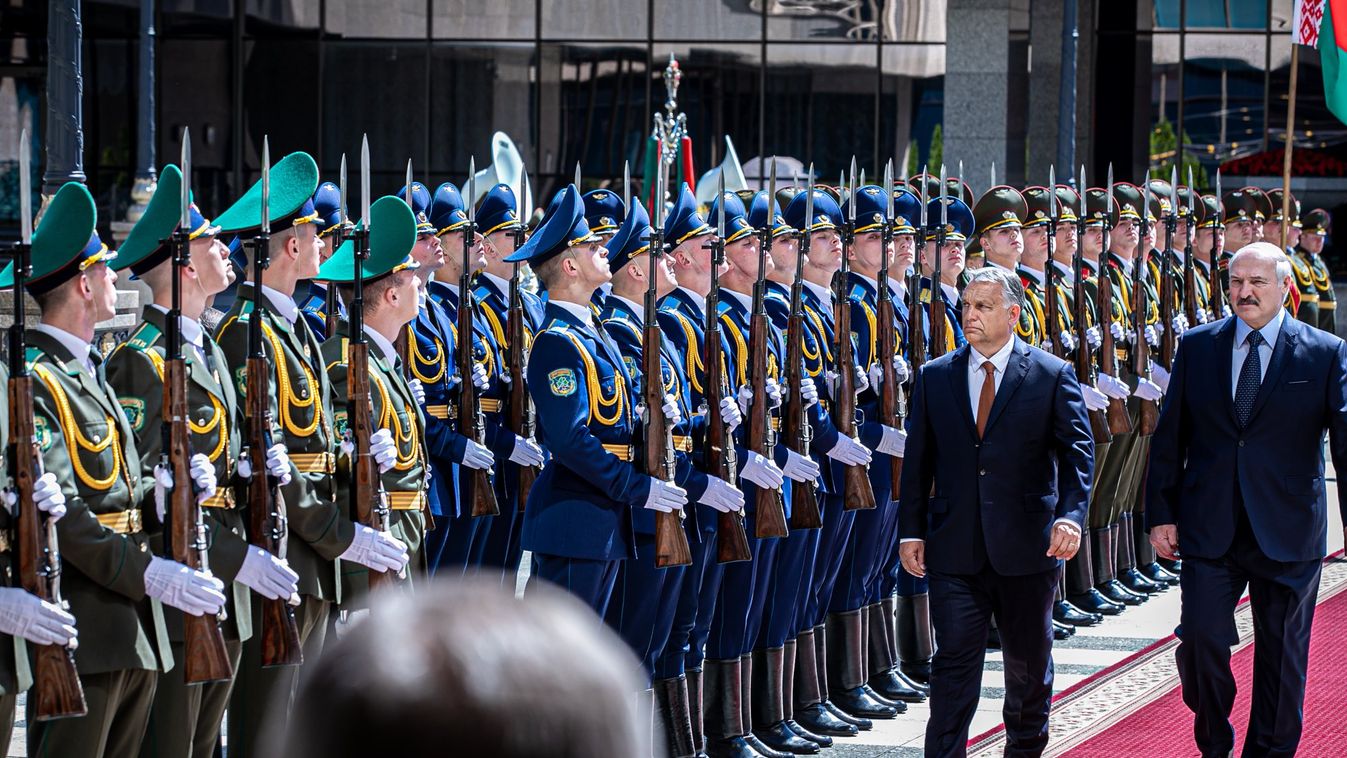

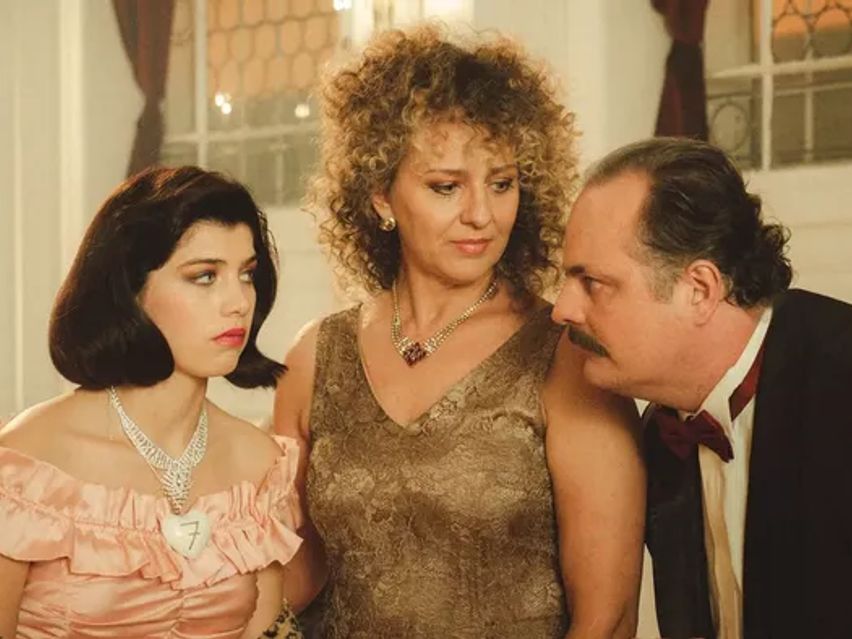
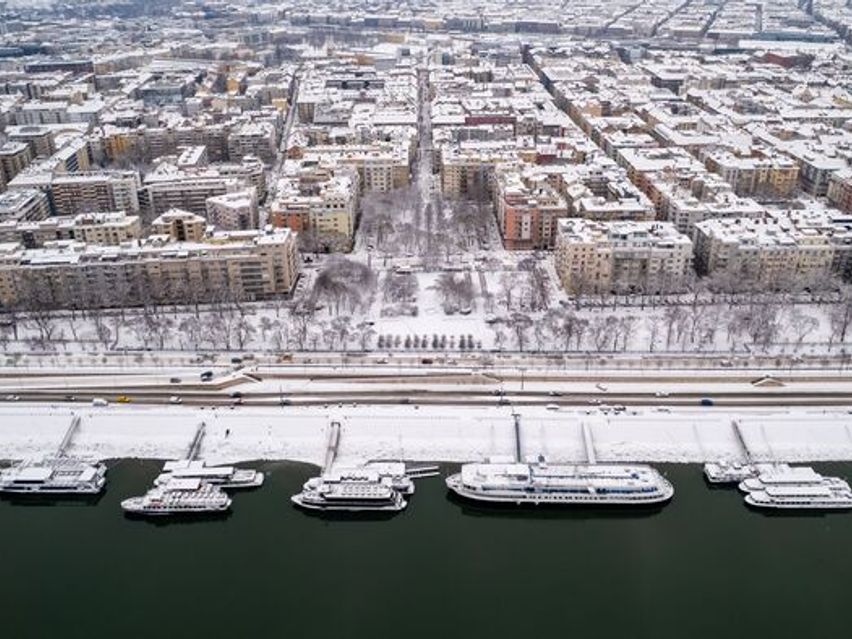
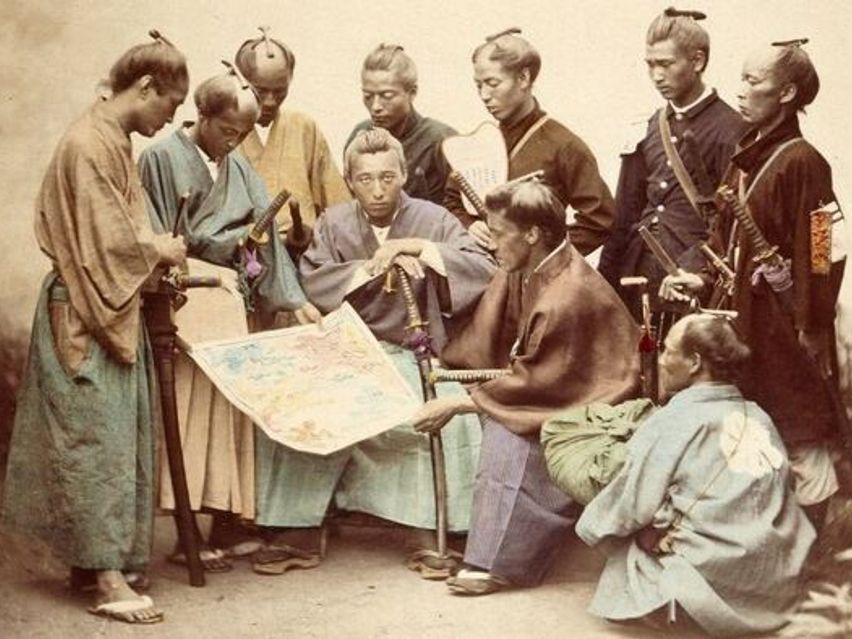



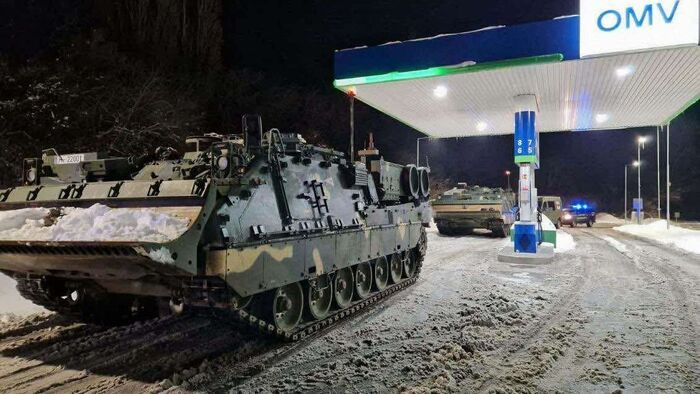
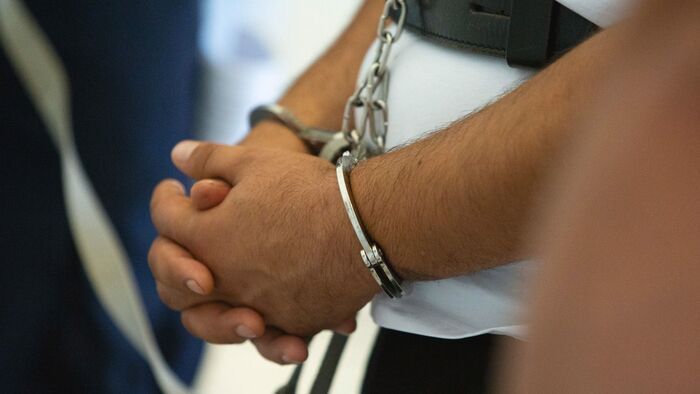
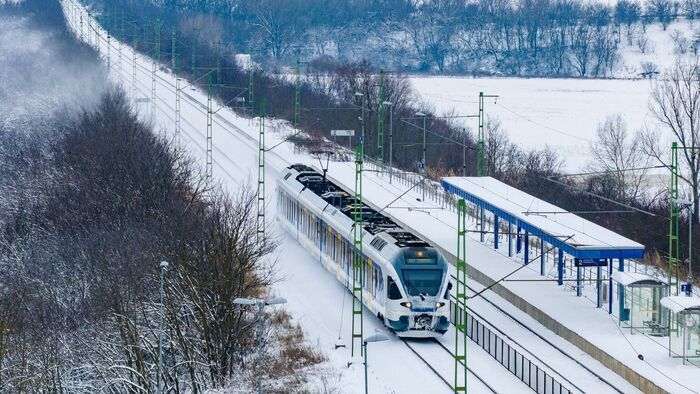
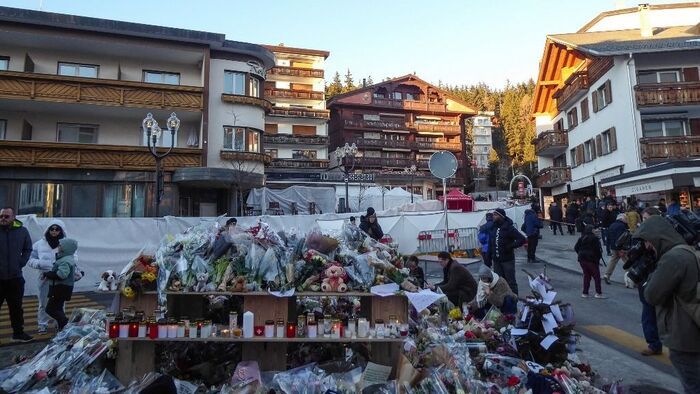
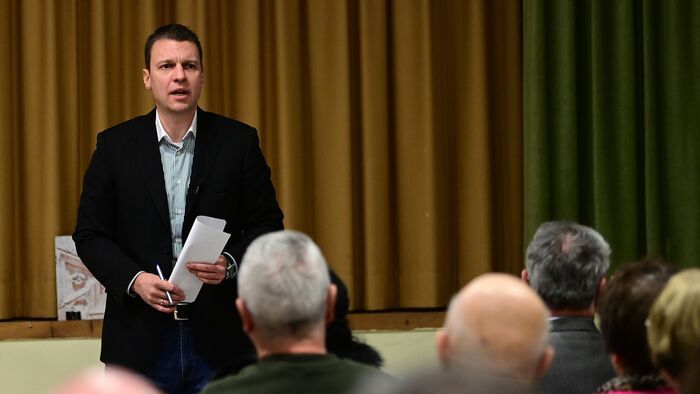
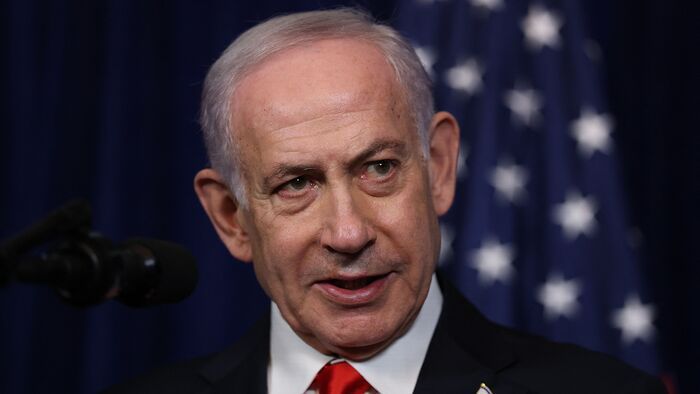

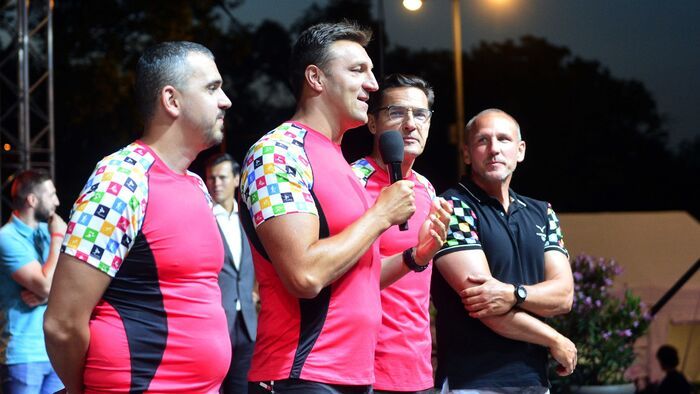
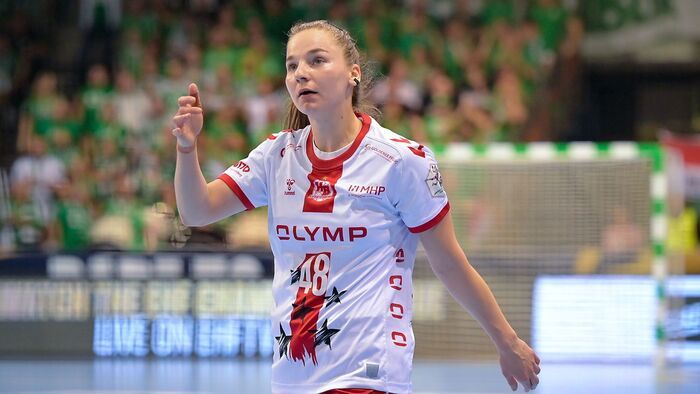


Szóljon hozzá!
Jelenleg csak a hozzászólások egy kis részét látja. Hozzászóláshoz és a további kommentek megtekintéséhez lépjen be, vagy regisztráljon!